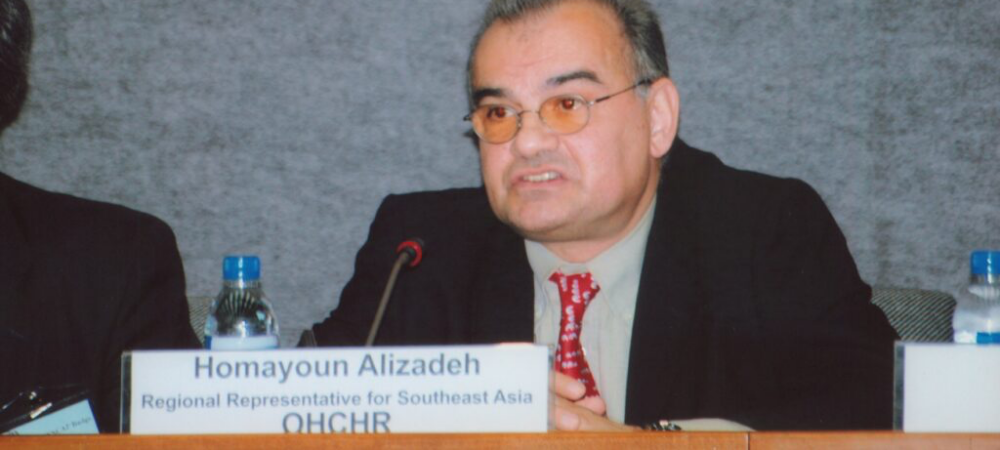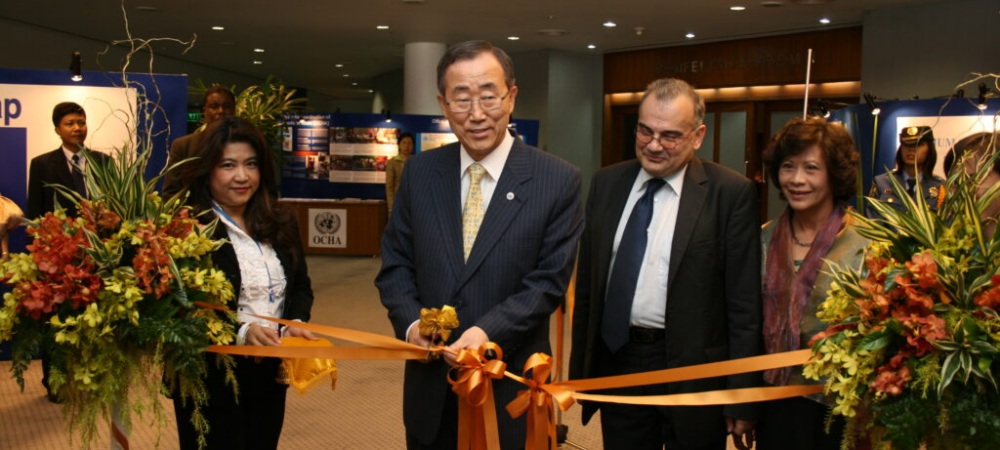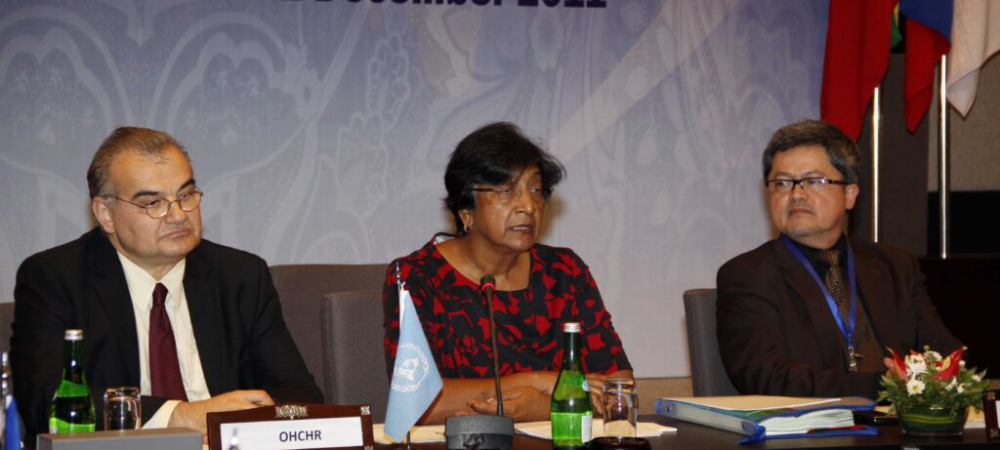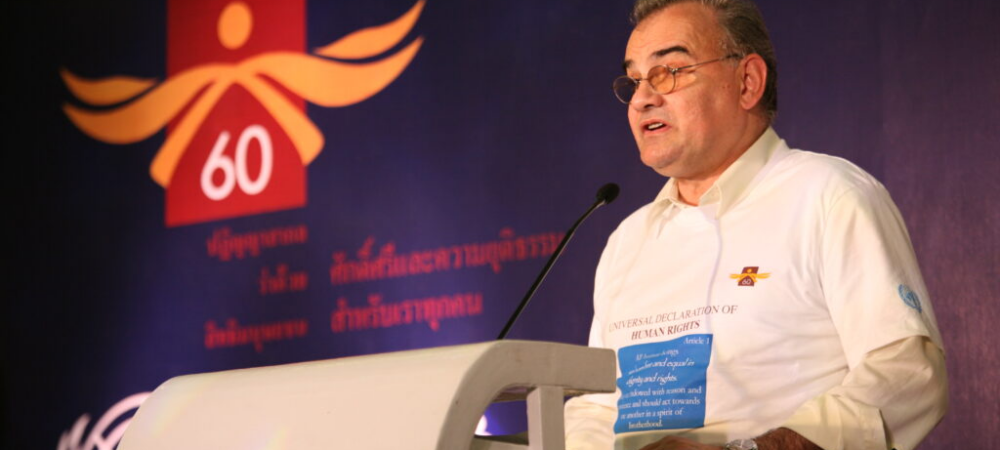About

Homayoun Alizadeh was born in 1952 in Zürich, Switzerland, and attended primary and high school in Teheran and Shiraz, Iran. He studied Political Science (Ph. D) and Law at the University of Vienna, Austria (1975-1981), and graduated from the Diplomatic Academy of the Austrian Ministry of Foreign Affairs in 1983.
From 1987 to 1995, Alizadeh worked with the Austrian Federal Ministry of Interior and from 1989 acted as Deputy Director of Department for Refugees and Migration. In this capacity, Mr. Alizadeh conducted two official missions to Turkey in 1991 and interviewed 1.318 Kurdish refugees in Turkey, and succeeded in bringing 204 Kurdish refugees to Austria during the war in Iraq in 1991. He also conducted a series of interviews with prisoners of war in Bosnia-Herzegovina affirming violations of international humanitarian law and human rights law in the former Yugoslavia. On the basis of these interviews, a report was submitted on behalf of the Austrian Government to the UN Security Council in 1993.
From 1995 to 1998, he worked as Government Liaison Officer and Assistant to the Chief of Mission with the United Nations Human Rights Field Operation in Rwanda, investigating the genocide (April- July 1994) and organising human rights training programmes for members of the armed forces, including the Rwandese Patriotic Army, Gendarmerie and Communal Police in the post-genocide society. He engaged the Ministry of Defence, ensuring the investigation and prosecution of those military commanders, who were responsible for a massacre in Kanama, Gisenyi province in September 1995, in which 108 civilians, including children, women and elderly people, were killed. From January to June 1999, Alizadeh was assigned by the Austrian Ministry of Foreign Affairs to the Organisation for Security and Co-operation in Europe (OSCE) working in Zagreb, Croatia, as trial observer for those persons, who committed crime against humanity and war crimes during the war in the former Yugoslavia. From July 1999 to February 2001, Alizadeh worked as Member of the Identification Commission and was Coordinator of the Appeals Analysis Teams with the United Nations Mission for the Referendum in Western Sahara (MINURSO). From March 2001 to June 2005, Alizadeh was Head of the Office of the United Nations High Commissioner for Human Rights (OHCHR) in Khartoum, Sudan, dealing inter alia with the conflict in Darfur. From July 2005 to March 2006, Alizadeh served as Senior Human Rights Advisor to the Director of the Inter-Agency Internal Displacement Division (IDD), UN Office for the Coordination of Humanitarian Affairs (OCHA), Geneva, Switzerland. From March 2006 to January 2012, he was Regional Representative of OHCHR for South-East Asia with its seat in Bangkok covering the countries of Brunei Darussalam, Cambodia, Indonesia, Lao PDR, Malaysia, Myanmar, the Philippines, Singapore, Thailand, Viet Nam and Timor Leste. From January 2012 to May 2014, he led the Peace Missions Support and Rapid Response Section of the Field Operations and Technical Cooperation Division of OHCHR based in Geneva, Switzerland.
From June 2014 to March 2016, Alizadeh went back to the Austrian Ministry of Interior and dealt with Dublin Procedures based on the Regulation (EU) No 604/2013 of the European Parliament and of the Council of 26 June 2013, establishing the criteria and mechanisms for determining the EU-Member State responsible for examining an application for international protection lodged in one of the EU- Member States by a third-country national or a stateless person (recast).
From April 2016 to June 2018, Alizadeh was assigned by the Ministry of Interior to the European Asylum Support Office (EASO) working as National Expert in Sicily, Italy, dealing with the refugee crisis in the Mediterranean Sea.
As a human rights activist, he worked with Amnesty International (AI) from 1976 to 1981, and was a board member of the Austrian Section of AI responsible for adoption groups and co-ordinator of the campaign against the death penalty. From 1982 to 1987, he was chairperson of the Austrian Committee for the Defence of Human Rights in Iran. Alizadeh is a co-founder of the Committee to Support the Women’s and Youth Movement in Iran – The Mahsa Jina Amini Initiative (2022).



